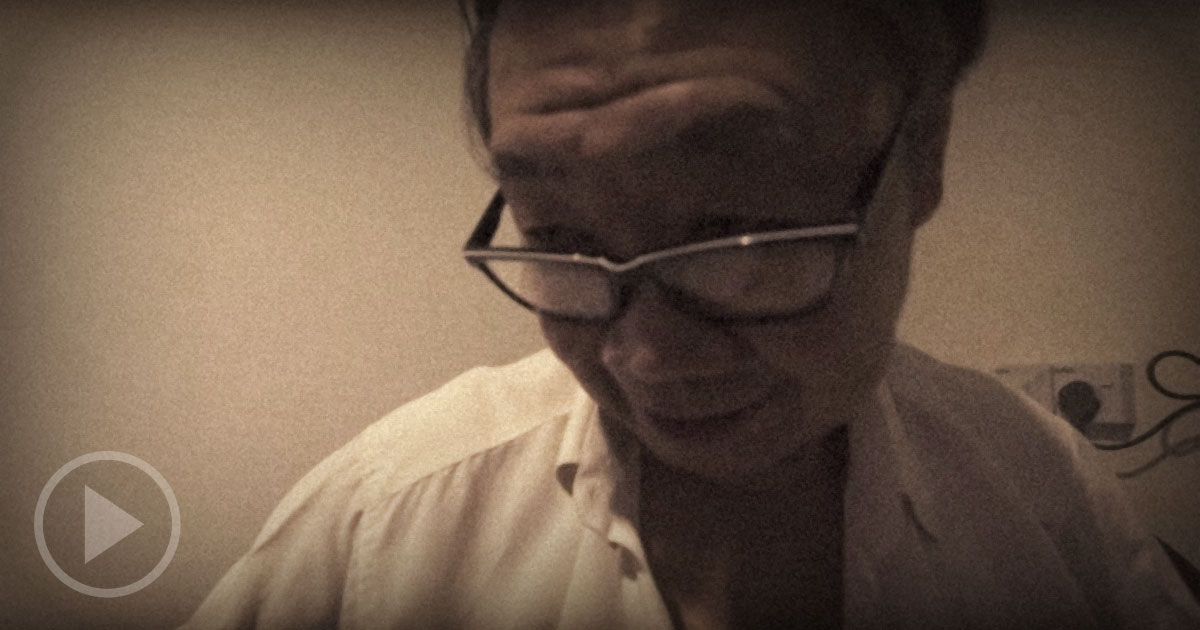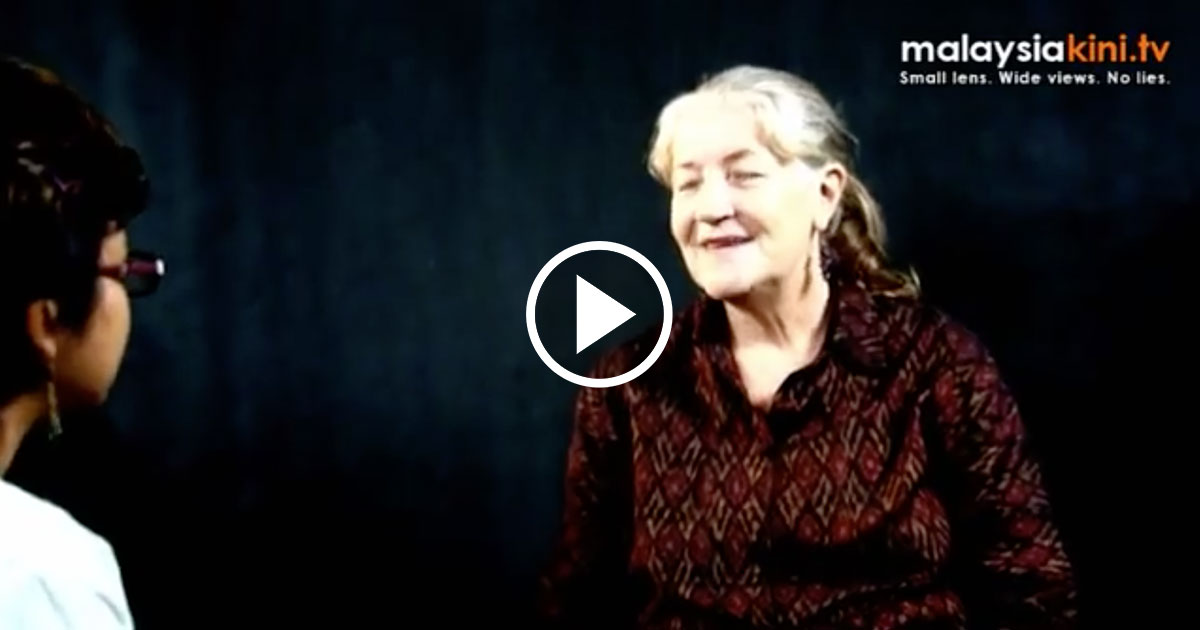
Are parents responsible for child abuse?
Are parents responsible for child abuse?
Desa Mentari Satu is one of many places in the country filled with poor blue collar workers and their families. With few funds and little resources to aid them, many of them still struggle to make ends meet. The people who live in places like this tend to go about unseen and unheard from the authorities, making them extremely vulnerable to crime and abuse.

James Nayagam, the founder and chairman of The Suriana Welfare Society, has spent over 35 years working to help children from impoverished families. The NGO runs several free art and music classes, providing the children with a place where they can play and express themselves freely. The group also carefully observes their student’s behaviours in order to identify if they are victims of abuse.
“ We ask them to relate to us what happens in their house. And then during play therapy we see how they play with the children. During art therapy we see what colors they use. If they say they feel sad, we ask ‘who made you sad?’ and then the story will come out. ”
The Suriana Welfare Society is one of the only organisations in Malaysia that works to identify and prevent child abuse among the lower sections of society. Unfortunately, there are only so many that they can help. While the statistics are kept locked up by the Official Secrets Act (OSA), many believe that a majority of child abuse cases go unreported. According to the police, over 13, 000 child sex abuse cases were reported in Malaysia between 2012 and 2016, of which only 1% resulted in convictions.
Child sex abuse cases
The horrible thing is that is may only be the tip of the iceberg – it is believed that many other cases go unreported due to fear or apathy.
“ We used to teach the child. But the children say they don’t want to tell the adult because they’ll say ‘what nonsense are you talking about? ”
Shaney Cheng, the Training and Education Executive of P.S the Children.
The arrest of paedophile Richard Huckle in 2016 revealed a shockingly large number of victims that had apparently slipped through the system. The shock and outrage caused by this revelation prompted Prime Minister Najib Razak to set up a special task force to “look into ways to combat sexual crimes against children” But for many victims, it was already too late.
Child abuse is a horrible crime, one that can leave permanent scars. The physical and mental negative effects can potentially ruin the victim’s life. The problems are only amplified by an apathetic, judgemental society that is quick to complain and blurt out their outrage on social media, only to forget all about the problem in a few days. Some conservative families even try to force their children to marry their rapists in order to save face!

Richard Huckle the pedophile
To fight back against this menace, we as Malaysians must stop trying to ignore the problem or pretending that it doesn’t exist. Child abuse is a stain on the fabric of society, one that should be removed as thoroughly as possible.
To find out more about what you can do to identify or prevent child abuse, contact Suriana Welfare Society at their facebook
Or visit their official website




